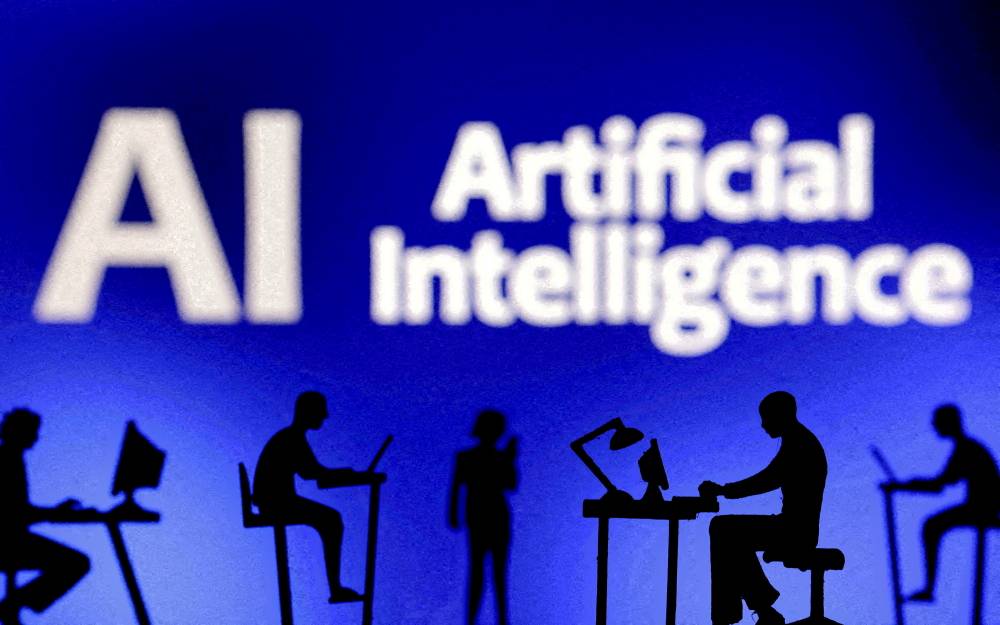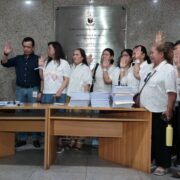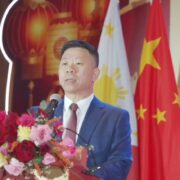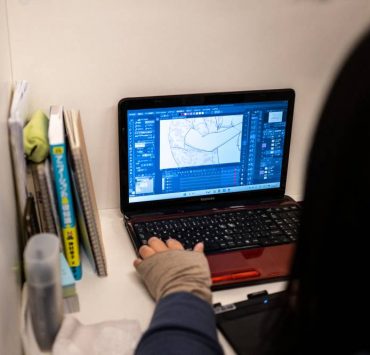Seeing AI as opportunity, not threat, in PH workplace

Companies must now consider embracing artificial intelligence (AI) to thrive amid the constantly changing work landscape. But doing so requires them to upskill and train their workforce first.
For Isabel Sagun, chief human resources officer of real estate giant Ayala Land Inc. (ALI), generative AI and machine learning tools could not compare to the value their employees contribute to the company. Instead of treating them as threats, these technologies should be harnessed to open up opportunities for workers to grow.
Citing a Harvard University study, Sagun said using AI, if done appropriately, can enhance the performance of highly skilled workers by nearly 40 percent.
“AI automates repetitive tasks, enhances content creation, as you already know, and accelerates problem-solving. So many professionals today are already leveraging these tools to save time and resources,” Sagun said as she shared with the hundreds of fellow HR chiefs and other company executives ALI’s best practices during the Inquirer’s annual What Works at Work summit on Nov. 11.
“This collaboration increases productivity and job satisfaction as humans can focus on more complex tasks while robots can handle the simpler ones,” she added.
Best employers
The 36-year-old ALI earned the title of Best Employer in the Philippines for 2025, receiving a score of 9.18 out of 10.
Now in its third year, the Best Employers list, as compiled by the Inquirer and the German market research firm Statista, features a total of 300 companies and government agencies ranked according to their employees’ perception of their performance as employers.
In the first Best Employers listing in 2023, ALI placed 48th. The next year, it jumped to third rank, joining the Top 10 dominated by large global firms, such as Google, Unilever, JP Morgan & Chase, Samsung and Proctor and Gamble.
According to Inquirer president and CEO Rudyard Arbolado, the summit is designed to be a platform for leaders and professionals to exchange insights, strategies and best practices that shape the future of work.
Staying relevant
“We hope that this summit leaves you with valuable lessons to inspire your organization and practical ideas you can apply within your teams,” he said.
For ALI, companies must start by building a culture of lifelong learning.
“It’s essential because the world is changing rapidly and lifelong learning empowers individuals to continuously acquire new skills and knowledge, ensuring that they stay relevant today and tomorrow. It will ensure that our workers stay relevant and adaptable in the face of constant change,” Sagun explained.
This year, ALI has provided its more than 7,000 employees with access to an online learning platform with 35,000 courses that they can access anytime and anywhere. In just four months, 97 percent of ALI’s workforce have been using the platform with more than 62,00 learning hours completed.
“These figures are more than just statistics; they reflect our commitment to fostering a culture of learning. We are not only equipping our people with skills relevant today but also preparing them for the emerging skills needed in the future,” Sagun said.
For ALI, providing its workers with the necessary tools and resources is the key to its success.
Technology, such as AI, collaborative robots and machine learning, streamlines work processes to empower teams to make decisions.
“This creates a work environment where employees can focus on doing their best, knowing they have the support they need,” she said.

















